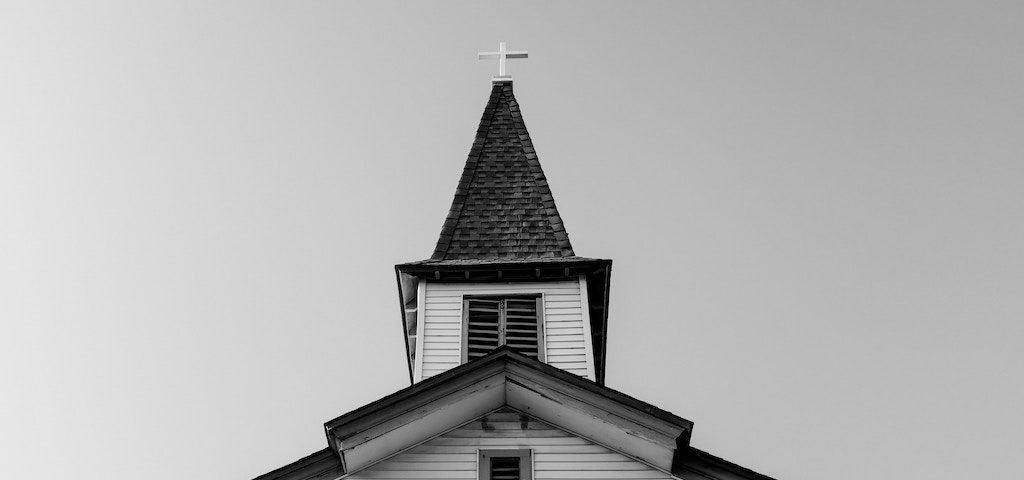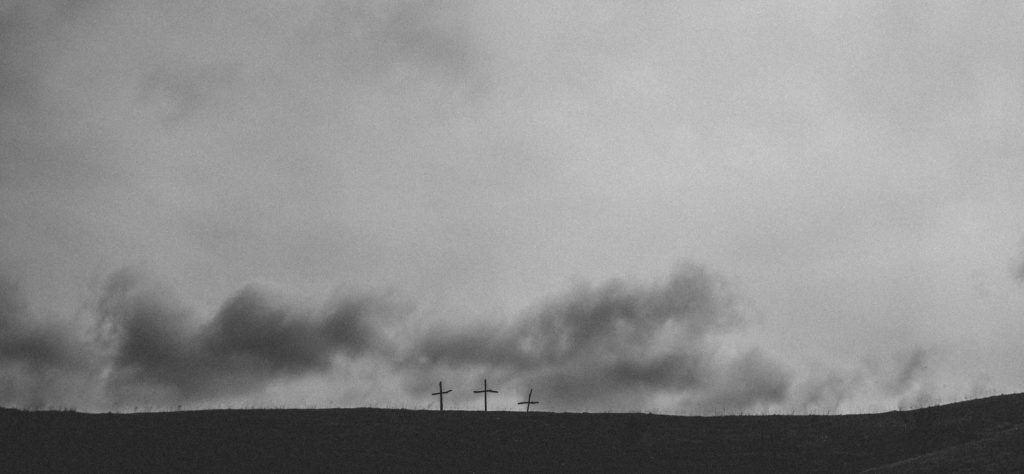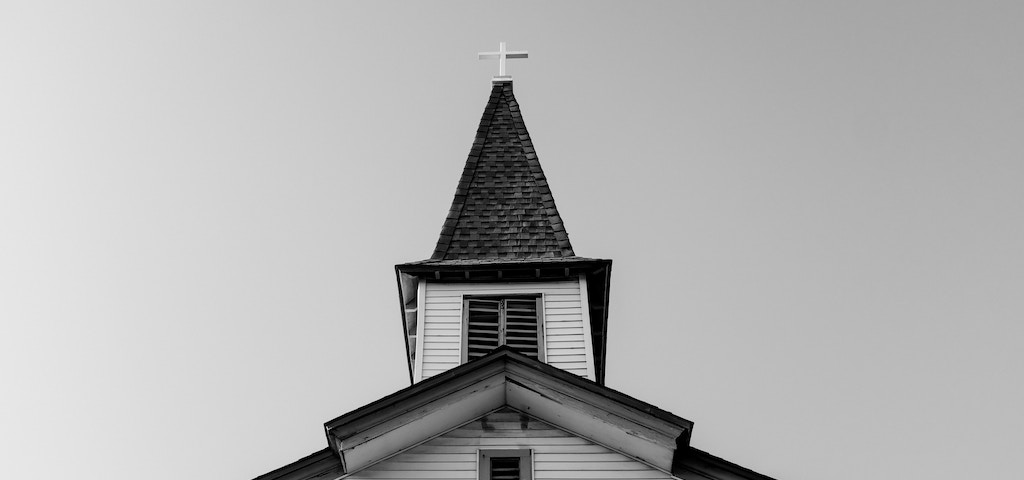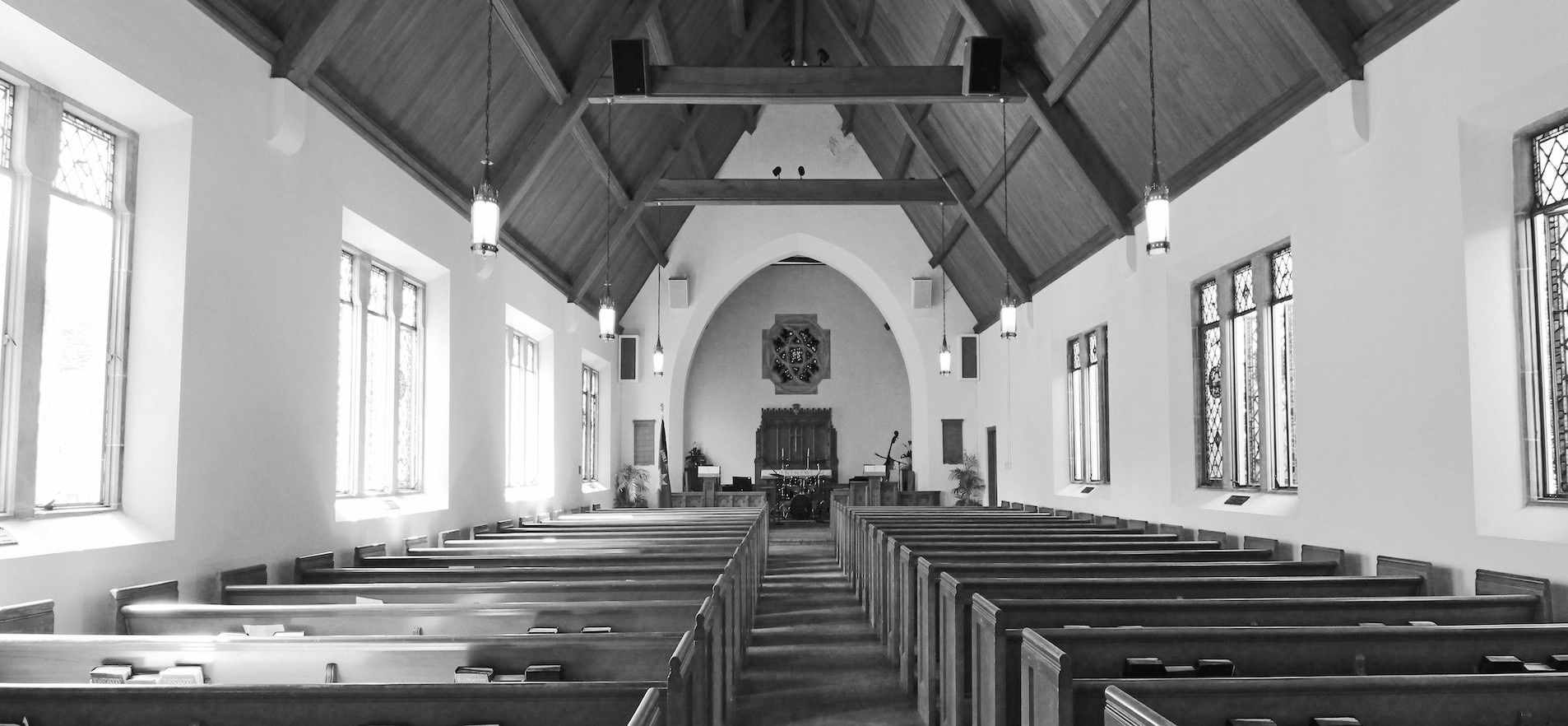Episode 129: Good Study Habits
In this episode Glenn and Andrew sit down with Dr. Michelle Anthony to talk about the why, what, and how of developing good study habits.

Be sure to subscribe to our YouTube Channel and follow us on Instagram, Facebook and Twitter to stay connected with us throughout the week!
I was fortunate to have lifelong learners around me growing up… my parents were voracious readers and learners, and a lot of my mentors were like that as well… I grew up loving that learning process…
At some point in ministry, I realized that my output would always be a lesser quality than my input… that if I wanted to preach like Tim Keller, it wouldn’t be enough to listen to Tim Keller, but rather to read who Tim Keller was reading…
For me the love of learning ignited watching the senior pastor of our church preach… it was clear he was drinking from wells that were outside of the norm for our tribe… I saw a pastor whose mind was working…
My study habits have changed over the years… when my kids were young, I studied late at night or in carpool… right now, early in the morning before I come into work is my best space… when I do it in the morning, I find that it comes back to me during the day…
What has helped me is having time goals rather than quantity goals… what I’m trying to do is see if I can sit down for 30 minutes five days a week to read, trusting the cumulative effect of study…
I want to see younger leaders stretch… the brain is a muscle, and with the amount of podcasts and audiobooks, there are lots of reasons now NOT to study… you need to exercise the muscle when you’re young…
The difference between listening to a podcast and reading a book is that a podcast is primarily passive… it’s better than nothing… but the activity of studying requires so much more of me, which means that the output is greater…
You need a balanced diet of reading… I make it a matter of prayer… I like reading things that are more technical, and also things on the leadership side… I also like to read something that’s more narrative in nature…
I have “buckets”: for my own personal development, for my areas of ministry and expertise, and then I also try to read one book a year by someone I completely disagree with or about something that is going on in pop culture…
For me, poetry and fiction have recently become important… as preachers, we are storytellers, and fiction will help give you a good eye and ear for story…







